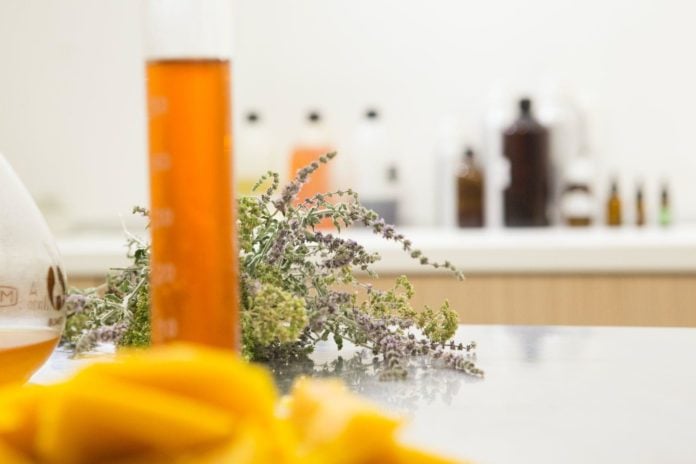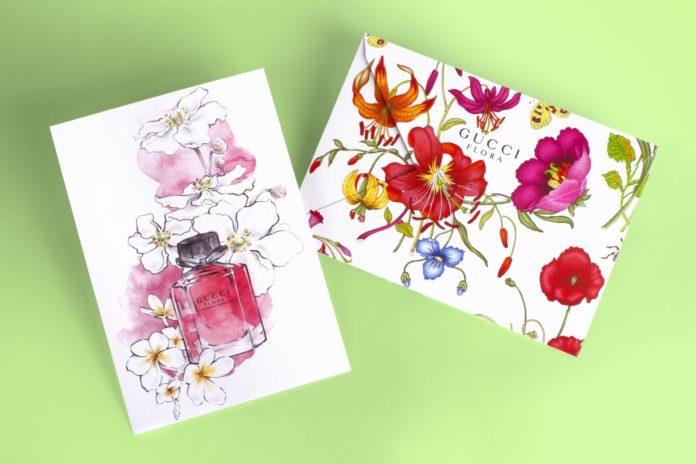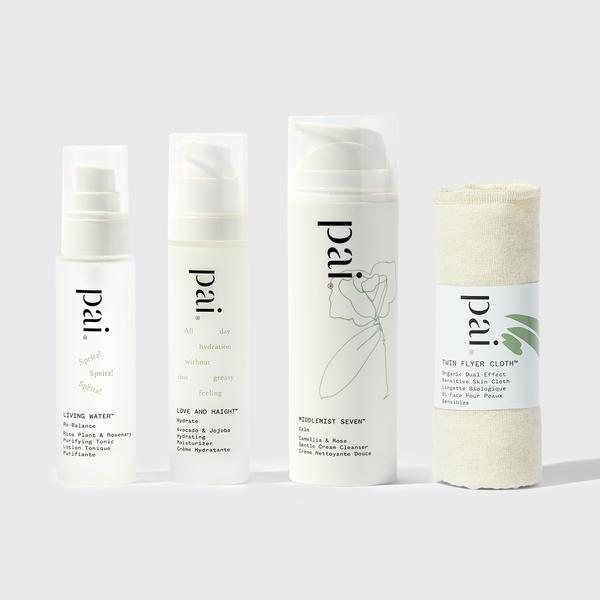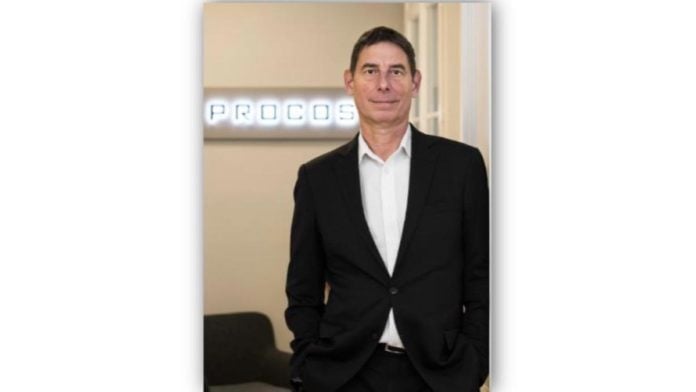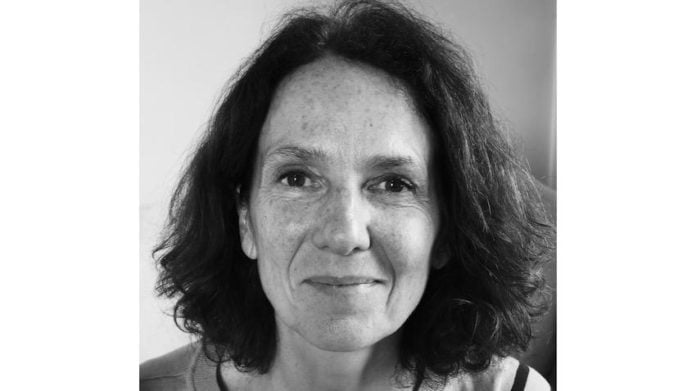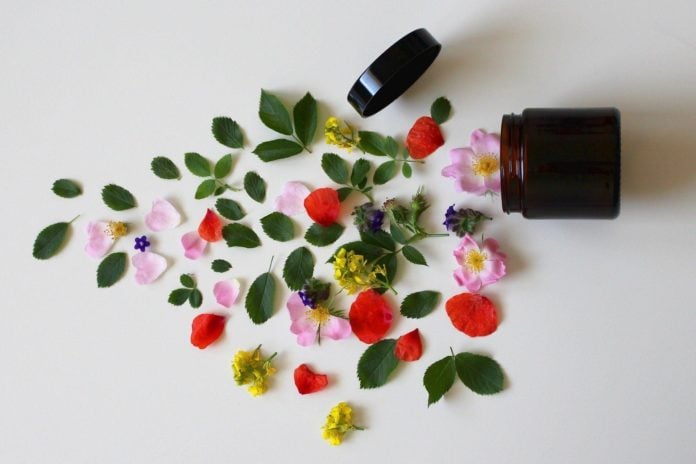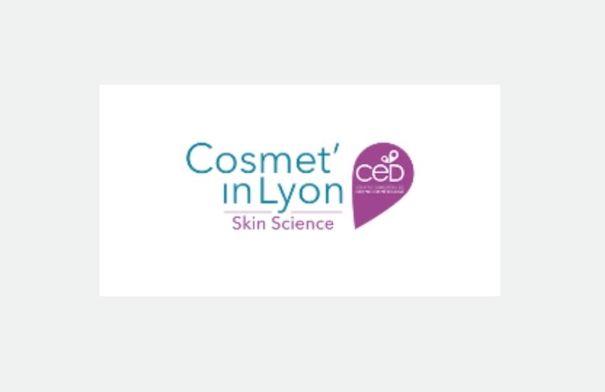"How clinical experience highlights skin biology mechanisms'": this is the theme proposed by Cosmet'in Lyon (Ex. CED) for its XXXth CIL Skin Science Days (formerly Journées européennes de dermocosmétologie). The event will take place on May 20 and 21, 2021, with Professor Richard Gallo as guest of honor. It will be held in English and as an online conference, due to the global health context.
Some twenty international dermocosmetology experts will shed light on research, clinical and industrial issues in eight sessions detailed in the program downloadable from the website. Cosmet'in Lyon members benefit from a preferential rate.
Organized every two years, and of a very high scientific level recognized by the profession, this event brought together over 170 participants, researchers and industrialists, in 2019. The health context prompted us to opt for the webconference format this year.
Cosmet'in Lyon offers an attractive visibility program to mark the event's thirtieth anniversary.
Interview with Nico Forraz , President of Cosmet'in Lyon
What do Cosmet'in Lyon Skin Science Days represent for the profession?
Nico Forraz: First of all, we'd like to point out that this is our XXXth congress, so it's an anniversary! We would have liked to hold it face-to-face, as we are proud to welcome dermocosmetology experts from all over the world on our territory. But circumstances dictated otherwise. The congress has been held every two years since the association was founded in 1962. Its aim is to highlight the latest scientific innovations and advances in skin biology. This is all the more important as cutaneous biology is directly linked to dermatology and cosmetology. It's a rare opportunity to bring together all the players who contribute to innovative developments in skin care and well-being.
What makes Skin Science Days so special?
Nico Forraz: The event is organized by a committee of volunteers, based in the AURA region and drawn from the academic, clinical and industrial worlds, who share a common interest: dermocosmetology. It's this singular alliance that makes up the DNA of the association, the uniqueness of events in general, and Skin Science Days in particular.
What are the latest discoveries and emerging trends in skin biology?
Nico Forraz: These are precisely the topics that will be addressed during the congress: the interaction between microbiota and human skin; environmental factors such as pollution, and their influence, notably on the skin's inflammatory status; advances in skin aging, linked to longer life expectancy; progress made in skin renewal, repair and healing. We'll also be looking at new technologies, bridging the gap between clinical treatments and cosmetology, and tissue engineering, which makes it possible to model cosmetic and aesthetic treatments. There's a lot to talk about!
Why did you choose to focus on the impact of clinical experiments on the skin's biological mechanisms?
Nico Forraz: Traditionally, the starting point is laboratory discoveries, followed by clinical trials. We wanted to approach the subject from the opposite angle, by taking stock of the discoveries made in clinical trials and demonstrating how they stimulate basic research and innovation in skin biology.
How were the speakers selected?
Nico Forraz: The organizing committee, led by Nicolas Bechetoille and Aurélie Pagnonminot, respectively secretary and treasurer of Cosmet'in Lyon, joined forces with academic researchers and industrial players, members of Cosmet'in Lyon. Together, they appointed session chairmen and proposed scientific, academic, clinical and industrial research themes, while providing a forum for young researchers.
How does this knowledge guide/support the development of new products by brands?
Nico Forraz: Brands need to capture both market trends and scientific and technological innovations. It's by considering the whole picture that we can develop and validate the relevance and effectiveness of future products.
More specifically, what kind of products?
Nico Forraz: The cosmetic product becomes a preventive means, designed to maintain the skin's balance, through a daily routine in particular. Its main aims are to combat pollution and skin ageing, protect against the sun, regenerate and moisturize. These are the main claims that contribute to skin health.
What prospects do these discoveries offer consumers?
Nico Forraz: These discoveries offer consumers innovation, efficacy and safety. Cosmet'in Lyon is very involved in these three aspects and wants to make this knowledge accessible to them. In fact, it is preparing a public event to be held in the Lyon region at the end of 2021, to explain how cosmetic products are developed. Then, at the beginning of 2022, it will present the cosmetics industry, its structure and job horizons to a high school audience. A booklet and a forum on beauty industry professions are currently being prepared. Education is at the heart of our mission, to bring together all the players - academic, clinical, industrial and the general public.





